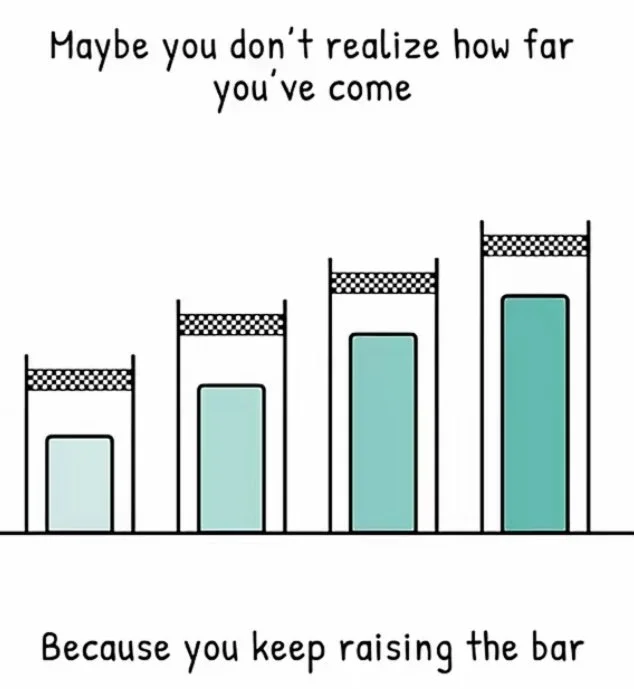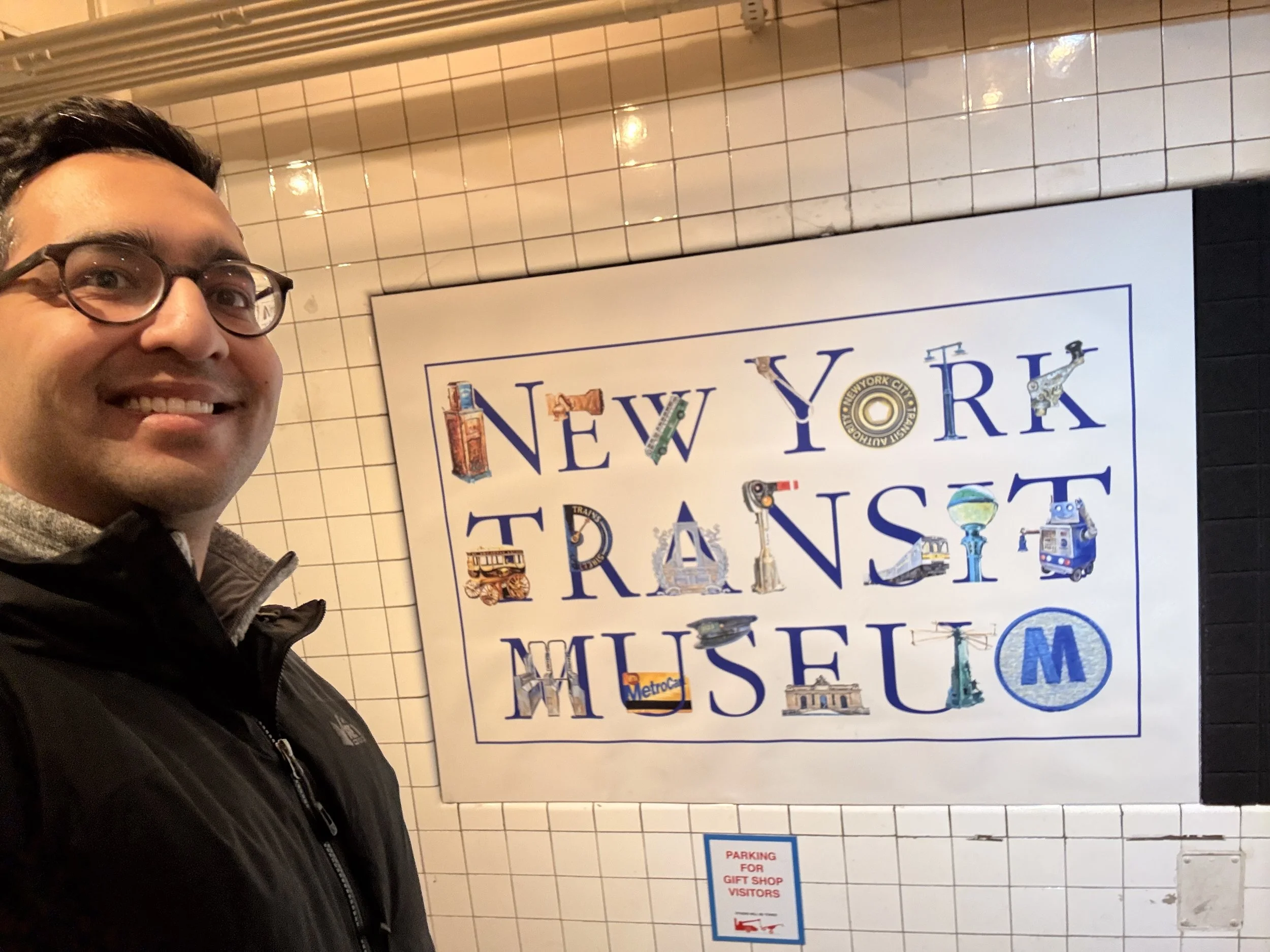I finished a lovely book from one of my favorite authors: The Inner Compass by Lawrence Yeo.
The 100-page book is a quick read. It explains how to ease inner tension by trusting yourself rather than chasing outside approval. Yeo teaches you how to face fears, build self-worth, and live more authentically.
The main thesis is that we feel lost because of the clutches of conditioning, where there’s an expectation outside of you to become something you’re not. We lose conviction in our intuition - the “magnet” that can guide us to contentment.
How do we combat this? The three principles he mentions are Reflect, Relate, and Create. Reflect to calibrate, relate to connect, create to express.
Reflect → Whenever there’s tension, there’s a tale. Look inward to understand the fears, beliefs, and patterns shaping your choices. The best tool is writing in a journal, not a diary — to examine your thoughts to ask “why”, not just “what.”
Relate → Connect with your trusted circle to gain perspective and reinforce what matters. Try not to fall into the traps of envy, but learn to accept and admire. But be careful where you solicit feedback; they should be caring and credible.
Create → Take intentional action to express yourself (art, writing, music, cooking), and commit to mastery. It gives you agency to focus on yourself — becoming a kinetic force that propels you forward.
The more we do this, the stronger our compass to guide us to a life well-lived. Yeo ends with a great sentence: “How fortunate you are to be you…”





